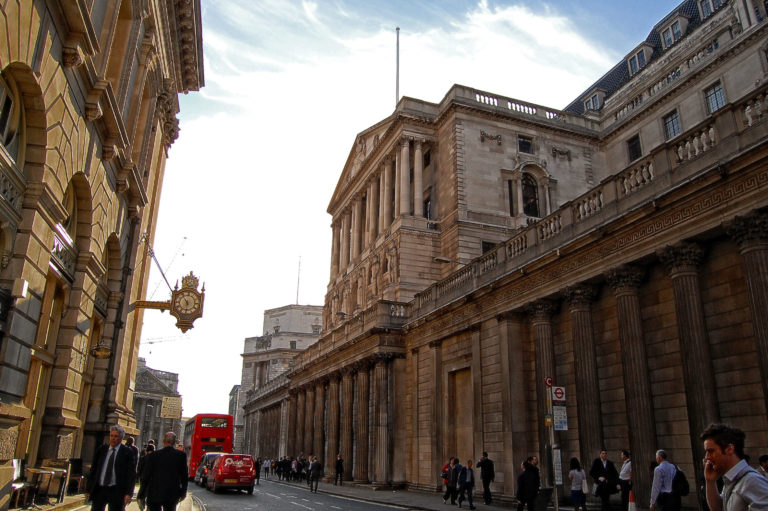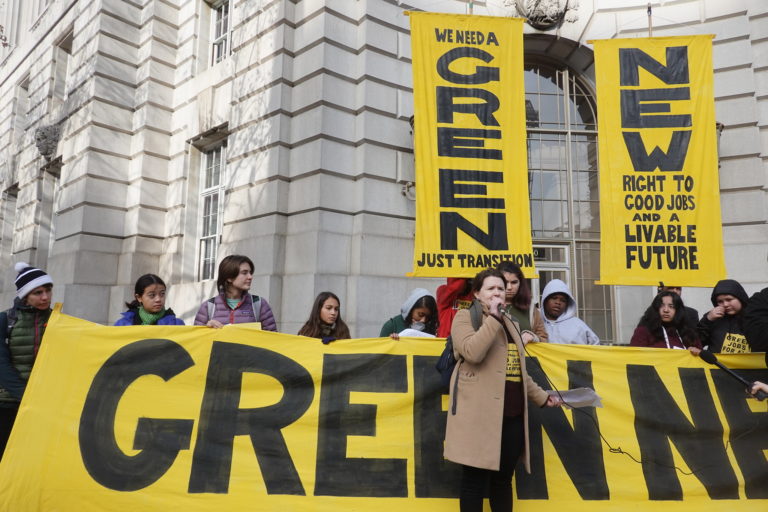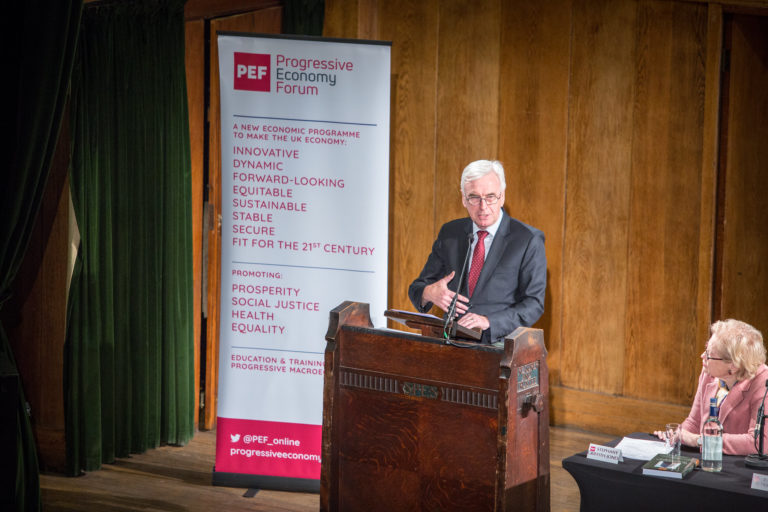The UK private financial system has not performed well to support the real economy. It has been pro-cyclical, over-lending in boom times but rationing credit during and after crises. It has not sufficiently funded long-term investment in key areas like green energy, needed to avert climate catastrophe, and create green jobs. Private and public investment has been historically low in the UK economy, and fell sharply since the 2007/8 crisis, to an important extent due to Tory austerity. The UK remains in last place amongst both G7 and OECD countries, with the lowest share of investment in GDP.
Because they benefit from government ownership, which allows them to borrow long-term at fairly low cost, NIBs are ideally placed to fund projects that are environmentally or socially valuable but are too risky to be attractive to purely private finance, such as funding a Green New Deal.
Irrespective of governmental policy orientation, rather large NIBs, have been an important feature of the financial sectors of most developed and emerging economies, especially the most successful and dynamic ones, like Germany, France, China, India, South Korea, India and Japan. The UK has been an exception in not having such a public investment bank, despite its evident need.
How do party positions measure up on NIBs?
Although the Conservative party established the British Business Bank in 2014, it has remained far too small to have any meaningful impact. In their 2019 manifesto, the Conservatives indicate that the BBB will grow but it is not clear by how much, nor is the indicated expansion costed. More worryingly, the UK Green Investment Bank, established in 2012 was privatised and sold off to the Australian Macquarie Group.
The Liberal Democrats have also pledged to scale up the BBB and have pledged to inject £5 billion of capital for a new Green Investment Bank, but without specifying target loan volume or balance sheet size. These initiatives are far from sufficient in the face of the magnitude of impending climate disaster. Furthermore, with the Lib Dem’s recent commitment to permanent austerity, it is unclear how credible these pledges are.
In sharp contrast, the Labour party has pledged to create a UK National Investment Bank (NIB) with a strong focus on green infrastructure, and SME lending to boost much needed investment for a structural transformation to a low- carbon and inclusive economy. The total capital of the NIB would after several years reach £25 billion, which thanks to the leverage achieved by the NIB co-financing with private banks, and raising funds on private capital markets, as well as re-investing all its own profits, could lead to a total stock of lending and investment by the NIB of £250bn after 10 years. Labour would also provide the Scottish National Investment Bank an additional £20bn of lending power. This amount would be complemented by public resources provided by a £250bn “green transformation fund” projected to spend £25 billion a year, as well as a £150bn “social transformation fund”, that would spend on average of £30 billion a year.
Such significant resources, as pledged by Labour, would help increase investment for a far greener, dynamic and more inclusive UK economy.






